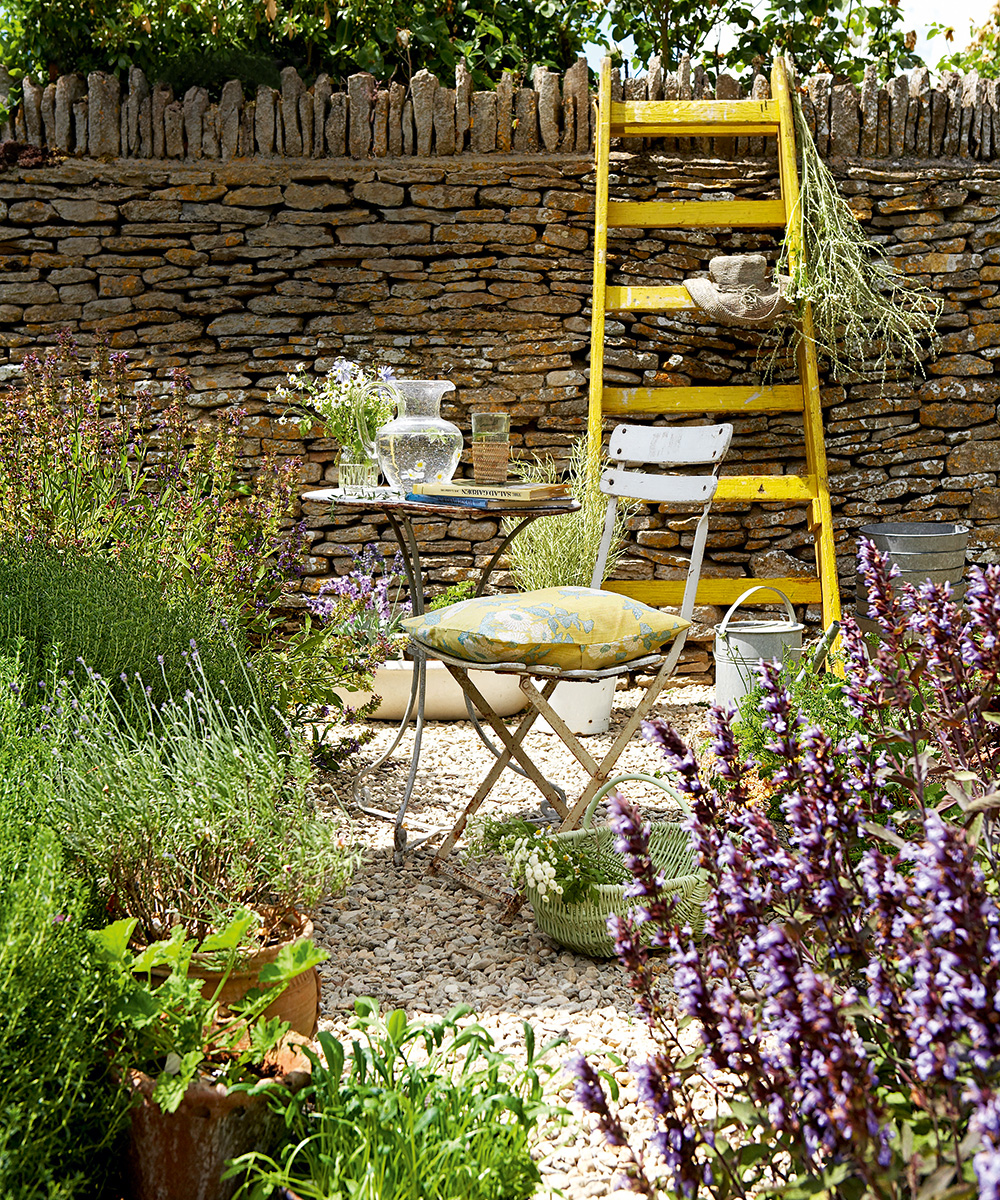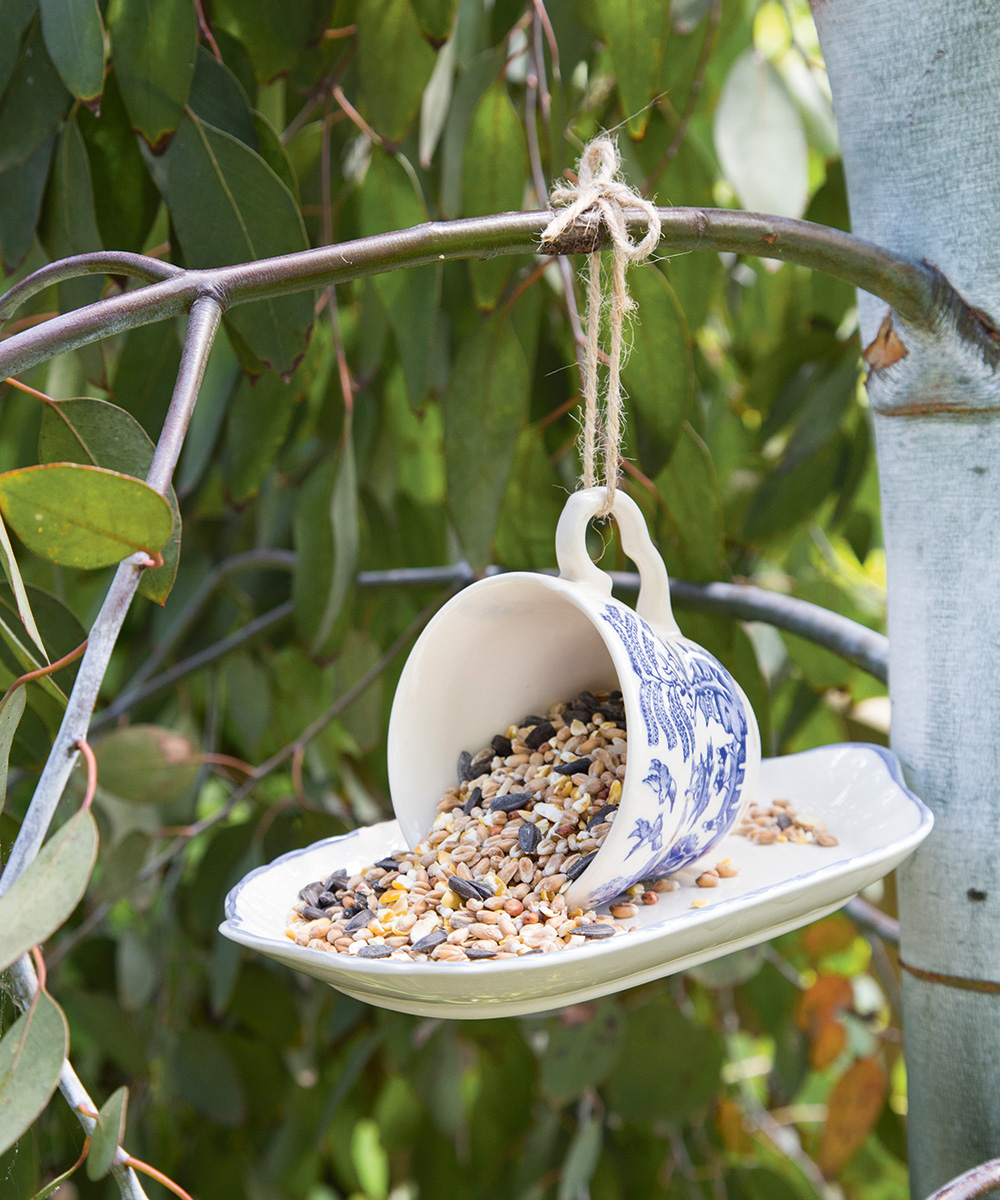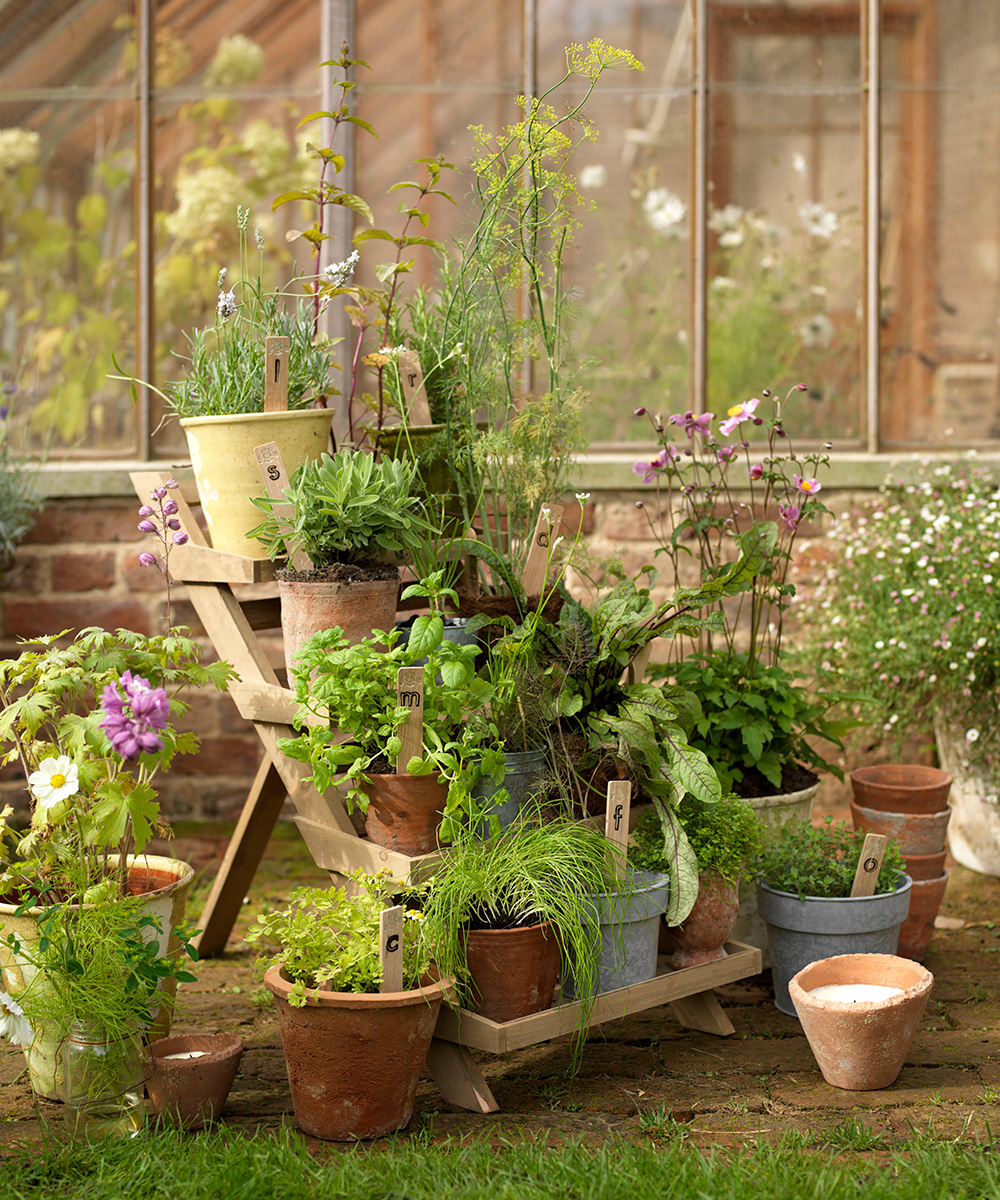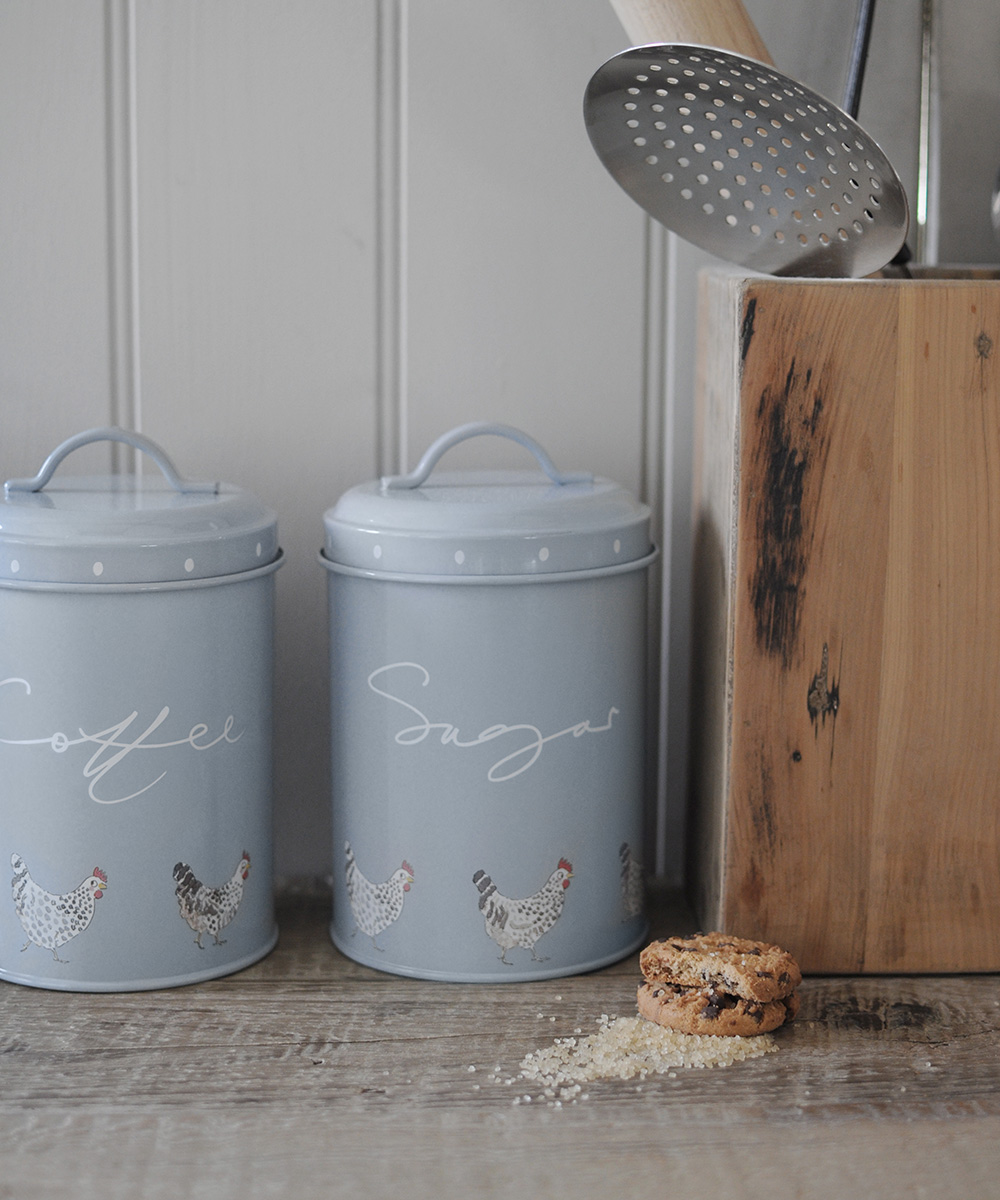5 ways to create a natural garden, from Sarah Mead of Yeo Valley Organic Garden
While gardening organically requires patience and time, the benefits to nature are clear wherever you look.

Design expertise in your inbox – from inspiring decorating ideas and beautiful celebrity homes to practical gardening advice and shopping round-ups.
You are now subscribed
Your newsletter sign-up was successful
Want to add more newsletters?

Twice a week
Homes&Gardens
The ultimate interior design resource from the world's leading experts - discover inspiring decorating ideas, color scheming know-how, garden inspiration and shopping expertise.

Once a week
In The Loop from Next In Design
Members of the Next in Design Circle will receive In the Loop, our weekly email filled with trade news, names to know and spotlight moments. Together we’re building a brighter design future.

Twice a week
Cucina
Whether you’re passionate about hosting exquisite dinners, experimenting with culinary trends, or perfecting your kitchen's design with timeless elegance and innovative functionality, this newsletter is here to inspire
There are many natural ways to create a natural garden that will not harm the environment.
With Organic September just around the corner, Yeo Valley is asking people to put nature first and live more sustainably.
By making small changes to our daily habits, such as buying organic more often or encouraging garden wildlife, including insects and birds, we can collectively make a positive impact on the natural environment.
The six and a half acre, Yeo Valley Organic Garden in Blagdon, Somerset, is famous for its ornamental and edible plants which have been carefully curated over the past 18 years. Visitors to the garden can expect to see wildlife in abundance and dramatic blooms stretching into the autumn.
HOW TO CREATE A NATURAL GARDEN
Here, Sarah Mead of Yeo Valley Organic Garden, shares her top tips on how to create a pesticide-free garden.

1. BE TOLERANT
A pest is a delicious snack for someone, so don’t be too hasty to wipe them out. By tolerating your pests you are providing a valuable food source for your predators. Patience is a virtue with organic gardening and although it may take mammoth self-control, give your predators a meal and they will do the work for you.
Design expertise in your inbox – from inspiring decorating ideas and beautiful celebrity homes to practical gardening advice and shopping round-ups.
See:How to plant a fragrant garden – five plants for year-long aromatic pleasure
2. FEED YOUR BIRDS WISELY
Here at Yeo Valley Organic Garden we feed the birds generously throughout the winter when they most need it. But remove the feeders in spring, to encourage them to focus on eating our pests.

3. GIVE YOUR PLANTS TOUGH LOVE
Don’t over cosset your youngsters and certainly don’t put them out into the vegetable patch until they are big and strong enough to survive an influx of slugs. A baby lettuce is nectar to a slug and an attack by cabbage whites will completely destroy a brassica. Here we try to grow everything in pots until they are are big enough to thrive.

4. REUSE COFFEE GROUNDS
We have tried various methods of 'barrier control' in the case of slugs and snails and have found two methods to be effective. Sprinkling coffee grounds (not decaf) around precious plants in a generous circle seems to work well for us. We also recommend copper rings, but you can make your own by buying the copper from a roofing supplier by the roll which is a much cheaper alternative.

5. COVER UP
When in doubt, cover your brassicas with a fine horticultural mesh. Make sure its tight and hole free, those butterflies are very determined…
See:Wildlife garden ideas, from The National Trust’s garden experts
Yeo Valley Organic Garden, yeovalley.co.uk

Jennifer is the Digital Editor at Homes & Gardens, bringing years of interiors experience across the US and UK. She has worked with leading publications, blending expertise in PR, marketing, social media, commercial strategy, and e-commerce. Jennifer has covered every corner of the home – curating projects from top interior designers, sourcing celebrity properties, reviewing appliances, and delivering timely news. Now, she channels her digital skills into shaping the world’s leading interiors website.